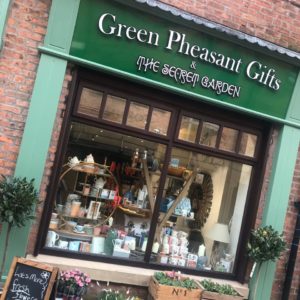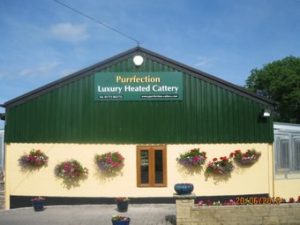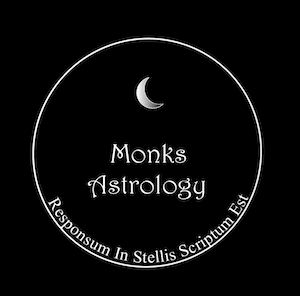Lancaster and Wyre is one the ten main cities in Lancashire and Lancaster a main city, along with Preston.
On a hilltop, the medieval Lancaster Castle has antique furniture, 19th-century prison cells and views of the River Lune. Lancaster City Museum features displays on the city’s history and its army regiment in a Georgian building. Williamson Park offers woodland walks, a butterfly house and coastal views. The city’s seafaring past is explored at Lancaster Maritime Museum.
You can follow the stories of Lancaster’s rich history all the way back to the 12th Century. As one of England’s Heritage Cities, there is history around every corner, from the conviction of the Lancaster Witches in 1612 to Charles Dickens’ hotel room!
Dating back almost 1000 years, Lancaster Castle is still owned by Her Majesty the Queen, who is the Duke of Lancaster. As well as being a fortification, its courtrooms have witnessed many famous trials over the centuries, including those of the Lancashire Witches who were convicted and sentenced to death in 1612. Lancaster Castle is open to the public, offering visitors a chance to walk the halls of one of the best-preserved castles in Great Britain.
A creative and independent city, Lancaster’s established arts scene constantly provides with no end of cultural activities from its annual festival of music to performances in the city’s two theatres. The plethora of live music venues are home to regular guitar, electronic, folk, classical and jazz gigs.
Throughout the year, Lancaster hosts a number of lively festivals. Lancaster Music Festival, Highest Point and the Jazz Festival are particularly anticipated, filling the streets with live music and dance.
Student life at Lancaster is diverse, exciting and international. Here, you’ll be part of a welcoming college community. Everything you need is on campus, from academic departments and health centres, to our cinema, arts venues and £20m sports centre.
In 1612 ten people were executed on the moors about Lancaster, having been found guilty of witchcraft at Lancaster Castle. The evidence given against the so called ‘Pendle Witches’ was based on memories, hearsay and superstition and would not be considered in a modern court. But life was very different 400 years ago; religious persecution was rife and people lived in wretched fear and poverty.










